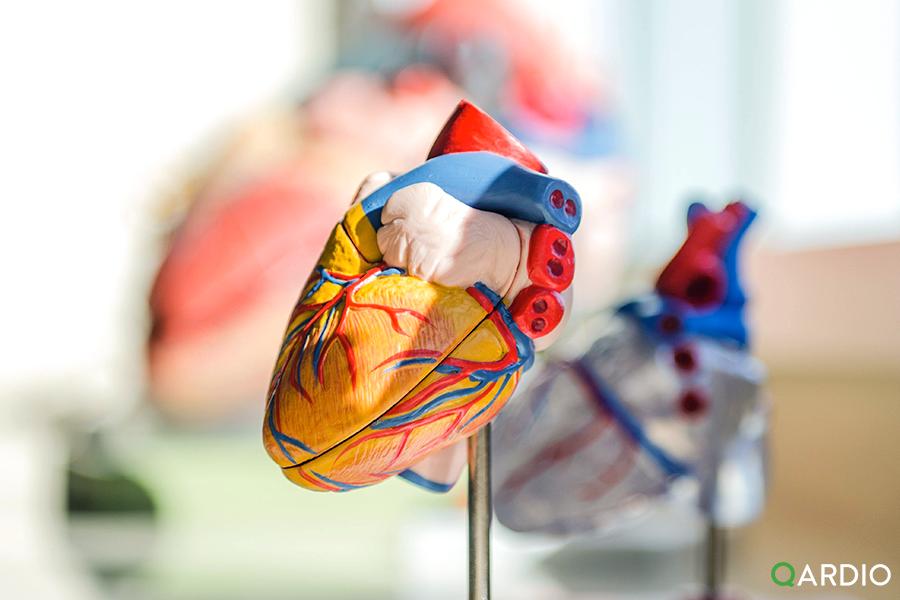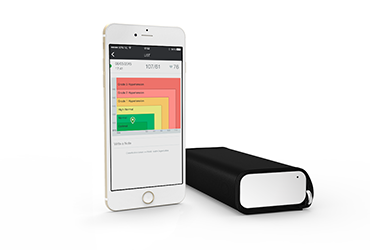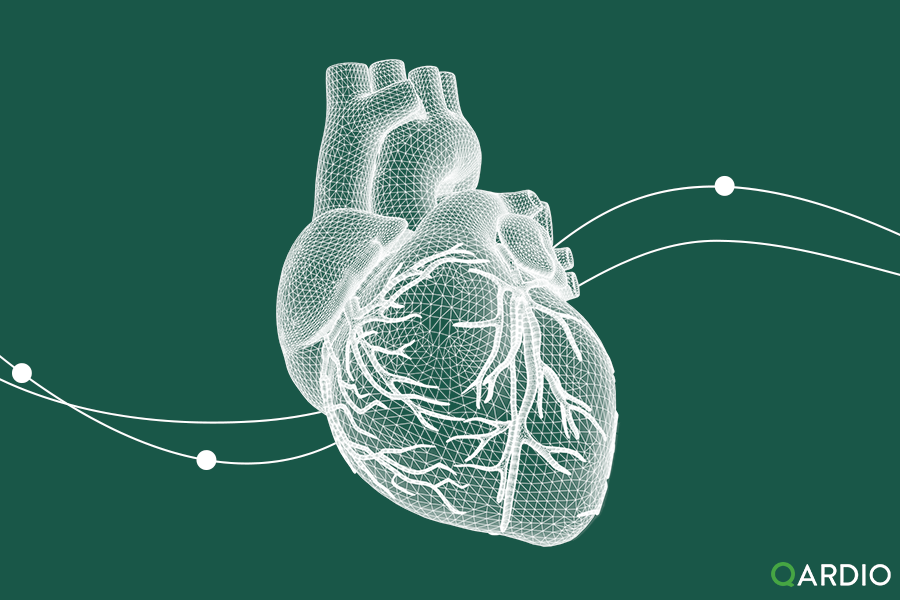Strokes are an interruption of blood flow to the brain. Like other organs found in our body, the brain needs oxygen from the blood to function. When it fails to obtain this element, brain cells are damaged, causing difficulties in executing certain functions depending on the area affected by the stroke.
Did you know that 1 in 6 deaths from cardiovascular diseases is caused by a stroke? Furthermore, 1 in 4 stroke cases occurs in people who have already suffered a stroke. Strokes are life-threatening conditions that must be treated as soon as possible to avoid future complications and facilitate patient recovery.
How to know when you are having a stroke?
Some of the most common symptoms are difficulty in moving the facial muscles, weakness when moving the arms, and trouble speaking or understanding what others are saying. However, symptoms can vary depending on the person. It is important to know how to recognize them and call medical services as soon as possible.
What causes a stroke?
Strokes are caused by restrictions in the flow of blood to the brain. About 85% of cases are caused by ischemic strokes, which occur when a blood clot obstructs the blood vessel. As with other cardiovascular diseases, excessive fat consumption can lead to the accumulation of fat buildup in the blood vessels and arteries. When these accumulations occur in the blood vessels that go from the heart to the brain, the blood flow is interrupted and blood clots are generated, leading to ischemic strokes.
On the other hand, there are hemorrhagic strokes, caused by a burst in weakened blood vessels. These are found in 15% of cases and may require surgery to stop the bleeding and heal the affected blood vessel.
Sometimes, the blood flow to the brain can be temporarily interrupted. This is known as a mini-stroke or transient ischemic attack (TIA) and lasts for about 24 hours. However, patients suffering from this condition should call emergency services urgently as they are at risk of suffering a full stroke in the near future.
High blood pressure and strokes
Blood vessels function like any fluid transport system. Any blockage can lead to a breakout and a spill. At the end of the day, liquids always find their way to continue. But if we add more pressure to an already blocked system, then the rupture occurs more easily. Hypertensive people are at greater risk of having a stroke as they increase the pressure on the blood vessels, making them smaller and narrower, hindering blood flow and increasing the chances that they will rupture.
Hypertensive people are generally older, have relatives with the same condition, and have diets high in salt, low physical activity, and feel stressed. It has also been discovered that people of African-Caribbean origin are more likely to develop high blood pressure. Moreover, other health conditions such as diabetes and kidney disease can cause high blood pressure.
How to prevent strokes
Like any other cardiovascular disease, strokes can be prevented by improving our diet, reducing stress, and increasing our physical activity. It is important to reduce the consumption of fats since these are the main causes of the appearance of blockages in the blood vessels. At the same time, a weekly exercise routine allows us to burn fat and improve blood flow in our bodies.
Maintaining a balanced lifestyle is crucial. Excesses are never good for our health and this is how reducing stress and the consumption of harmful substances, such as alcohol and cigarettes, can reduce the risk of suffering a stroke. It is also recommended to regularly visit your doctor and continuously measure your blood pressure at home to detect any irregularities and take precautions.
For more information about stroke prevention, please make sure to check our article ‘The power of habit to prevent strokes’.
Sources




